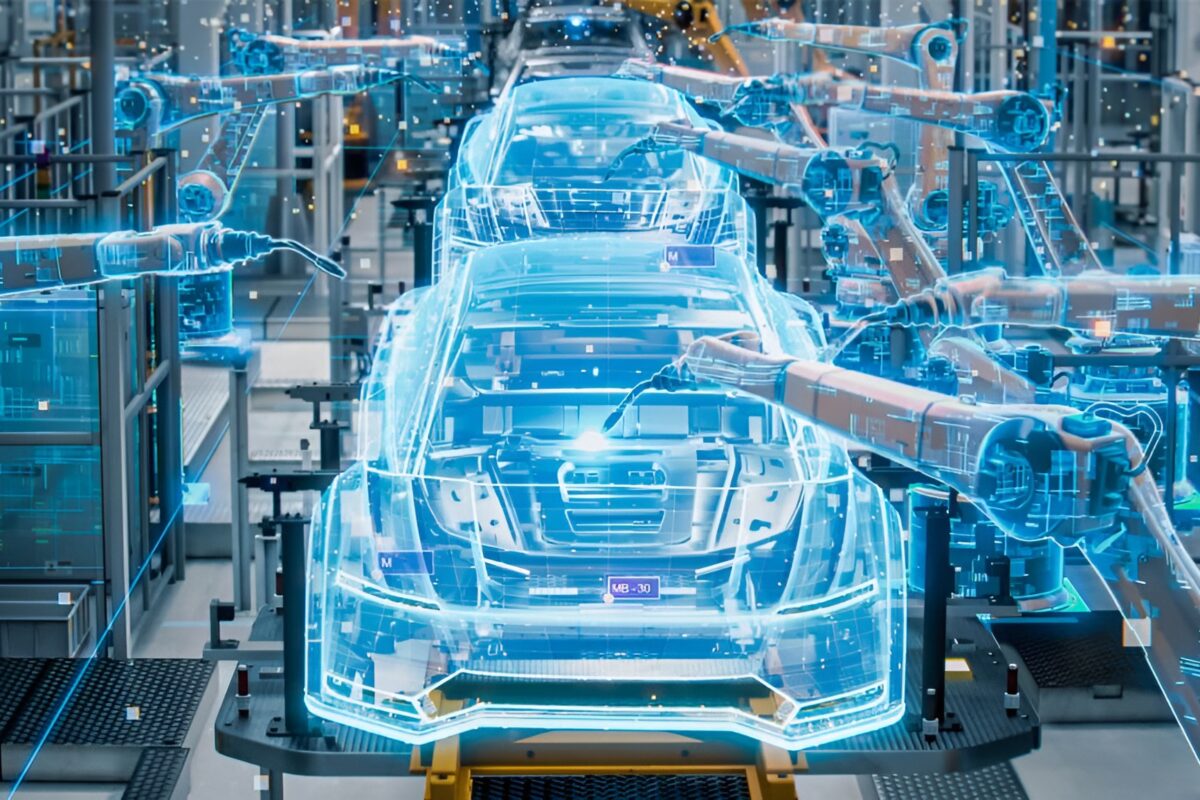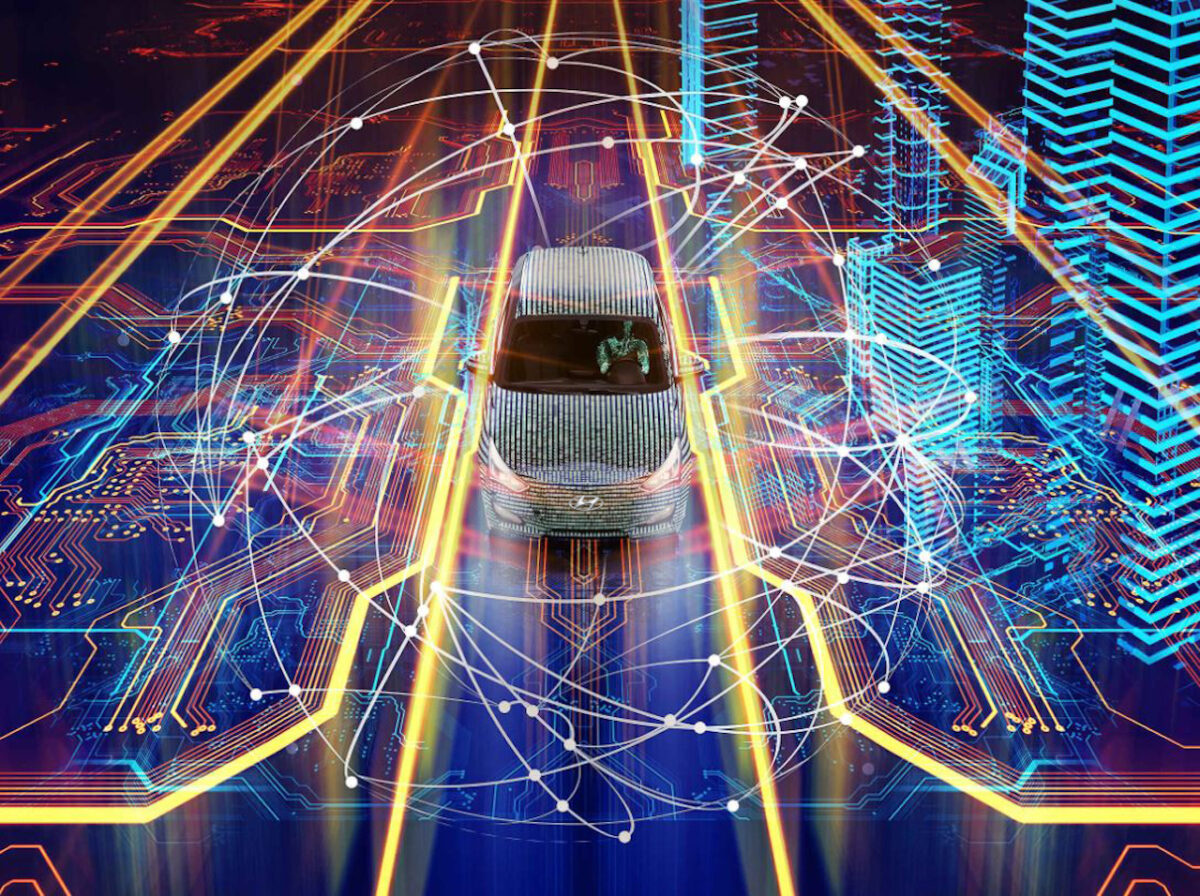The future connected car will be a powerful device in transmitting and providing data, and will be able to collect data from on-board diagnostics for analysis purposes. With this in mind, Big Data presents a huge opportunity for automotive companies to meet the demands of their more demanding, tech-savvy customers.
According to Frost & Sullivan, Big Data will be worth US$122bn in the automotive industry by 2025; with 70-80% of cars expected to be connected, Big Data will have a key role to play.
For large manufacturers, dealerships and fleet management businesses, however, all of a sudden a Big Data challenge has arisen, with many left wondering how this data should be stored, accessed and used.
Why do we need Big Data?
Every second, a telematics device will produce a data record including information such as date, time, speed, longitude, latitude, acceleration or deceleration, cumulative mileage and fuel consumption. These data sets can represent approximately 5MB to 15MB annually per customer. With a customer base of 100,000 vehicles, this represents more than 1 terabyte of data per year.
Andreas Mai, Director Smart Connected Vehicles, Cisco, recently described Big Data as food for thought, inspiring OEMs to think outside the box of the usual use for data, and instead using data collected from the car in a more productive way, namely to generate cash. “Everyone wants to see the money,” he said. “The internet of cars will unlock US$1400 in benefits per year, per vehicle.”
Aside from making money, however, Big Data offers many benefits to multiple parties, including drivers themselves. Mai explained, “Big Data has big benefits for vehicle users, allowing lower insurance premiums, lower operating costs, and ultimately creating savings.”
Jamyn Edis, Founder and Chief Executive at connected car start-up company, Dash Labs, explained to Megatrends that through Big Data, live and dynamic information is able to re-price particular features if an OEM is charging too little or too much. He said, “Big Data, along with the connected car, has the ability to book your parking space before you leave home, and predict traffic jams.”
Edis also explained that in the future, car buyers will be able to profile a car’s pricing from day one to find out if it has had any accidents or been involved in any illegal activity. “Most cars in the UK and the US have a digital footprint, it’s just a case of mining that data and figuring how to use it,” he explained. “If you compare cars with real estate, where there is an ability to create a history of every house since it went on the market, that’s what we might start to see with cars – more and more data transfer and lots of Big Data that will enable buyers to check out the car in detail.”
Collaborate and benefit
While some may be puzzling over data, and what to do with it, others are reaping the rewards of one of the main benefits of telematics data: improved customer experience. Through monitoring Big Data in cars, it becomes possible to reduce warranty costs, increase safety, and create a data sharing network between the dealer, customer, OEM and others. OEMs currently develop different approaches to reach their targets; yet Frost & Sullivan predicts that the “killer” OEMs will be those that can use predictive data analytics to effect a 1-3% reduction in warranty costs along with other important software and firmware over-the-air updates.
Cosmin Laslau, Research Analyst in Energy Storage at Lux Research, spoke to Megatrends about the importance of the partnerships needed to develop the connected car. “These collaborations are very important. Continental will collaborate with IBM to enable vehicle-to-infrastructure (V2I) functionality: Continental anticipates sending detailed data from individual vehicles, like position, speed, and deceleration, which IBM will process efficiently its computing infrastructure expertise. The resulting aggregated and processed data will enable Continental and IBM to develop automotive grade products with a high degree of autonomous and anticipatory capability.”
Storing the data
Finding a place to store this data is currently a challenge for the industry, and transporting data from the car to the cloud is appearing as a viable option. But it would be naive to think that this method of collecting and sending data would not also bring with it a host of problems.
Cisco’s Mai said, “The more connected cars are, the more data can be made use of and stored, but then congestion of airways becomes an issue. Offloading data and switching the ways a vehicle can connect to the cloud is mission critical.”
Joe Speed is the Internet of Things Leader at the Linux Foundation. Speaking to Megatrends in his previous capacity as IoT Leader at IBM, Speed described the car as just one of the ‘things’ in the Internet of Things. He also described the connected car as a Big Data problem. “In an average car, there is between 1 and 5 gigabytes an hour of data produced,” he explained, “and when you consider that there are around 60 million cars manufactured each year, that is a lot of data.”
Speed suggested that rather than discarding the data, OEMs can do interesting things with it, but the trick lies in finding a way to manage and store the data. “Http has no quality of service, is not reliable and not designed for wireless,” he said, noting that there must be a better way to manage car data.
MQTT, the Message Queuing Telemetry Transport, is a messaging protocol of choice for the emergence of Big Data. It was developed by IBM, which took the decision to make the technology open source. “Half a dozen manufacturers are already building MQTT into their cars and trucks because it is military grade secure,” explained Speed. “The platform can currently connect 21 million vehicles per rack.”
Vehicle management
Sarwant Singh, Senior Partner, Frost & Sullivan, recently spoke to Megatrends in a webinar entitled “The Internet of cars part 1 – Big Data”. Another benefit of Big Data, highlighted by Singh, is the role it can play in warranty and vehicle management. “Some recent recalls could have been prevented or managed better,” said Singh, “as the manufacturers could have used Big Data to predict that a failure was happening or just used it for a much better management of recalls.”
Singh also noted that Big Data is already being used today in other services, and suggested that the automotive industry could learn from industries such as aviation, where remote diagnostics are used to remotely manage and predict maintenance on aeroplanes. “This is something that can be adopted by the automotive industry to allow recalls to be better managed,” said Singh.
A question of privacy
Another challenge that Big Data brings is data security, which Mai described as a hot topic across the industry. He said, “There are tremendous amounts of security risks and threats in the connected vehicle space.”
Dash Labs is launching a low-cost, easy-to-install device that analyses car and driver performance, allowing the driver the opportunity to drive more economically and safely.
The app produced by Dash allows the supplier to collect consumer data, collecting diagnostic information from the vehicle’s computer via the on-board diagnostic reader. “We can pair this information with the sensors on your smartphone, and that can act as your GPS, compass, and barometer,” explained Edis. “Because we integrate with the social networks, we now know the demographics of the driver. We could find out from Facebook that the driver is a woman within this age bracket, and likes to do this online, with these friends. Whatever you can infer as a developer using Facebook or Twitter or Google+, that’s all stuff that’s helpful to us.”
However, the question remains, are people going to be willing to take Big Data to as far as it is able to go? Speed mentioned that a generation divide undoubtedly exists when it comes to privacy concerns, and that young people seem alarmingly unconcerned about privacy. “I’m noticing people my age are very much privacy conscious but as long as young people are getting something of value, it doesn’t seem to be a big concern for them. Some of the concern we try to put into protecting personally-identifiable information is putting energy into the wrong parts of the problem.”
The future connected car will undoubtedly be a data machine, collecting data from on-board diagnostics for analysis, in an aim to save the consumer money in their overall driving experience. The argument posed by Dash’s Edis suggests that a conventional family could benefit from Big Data monitoring their driving habits; the question is, are we really ready for our data to be mined in this way?




